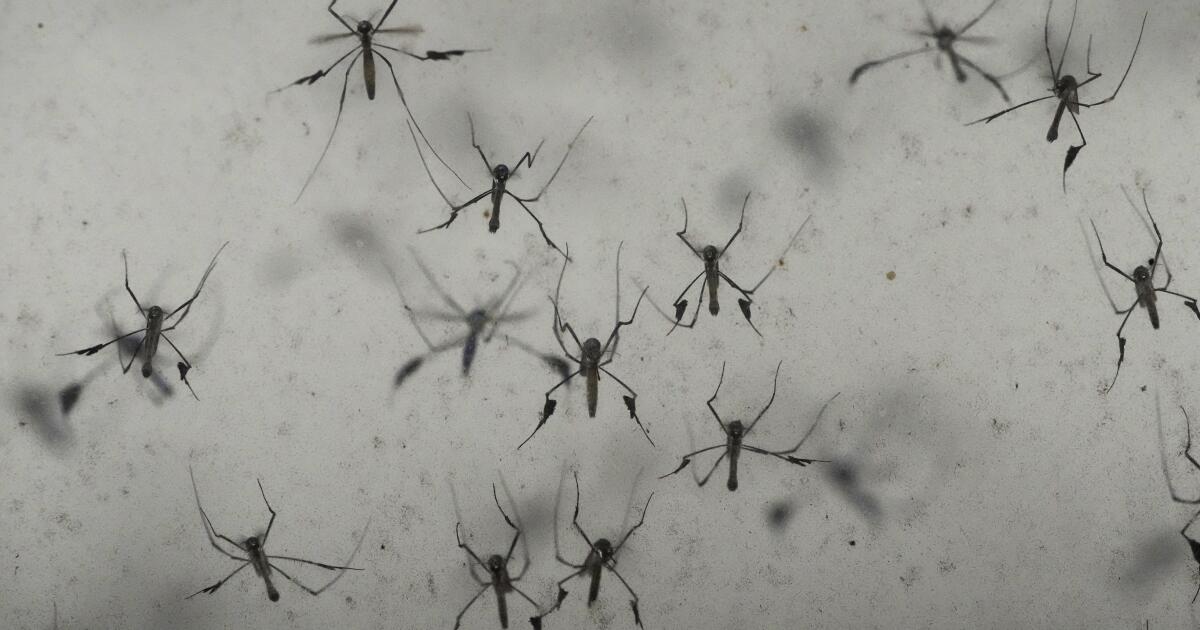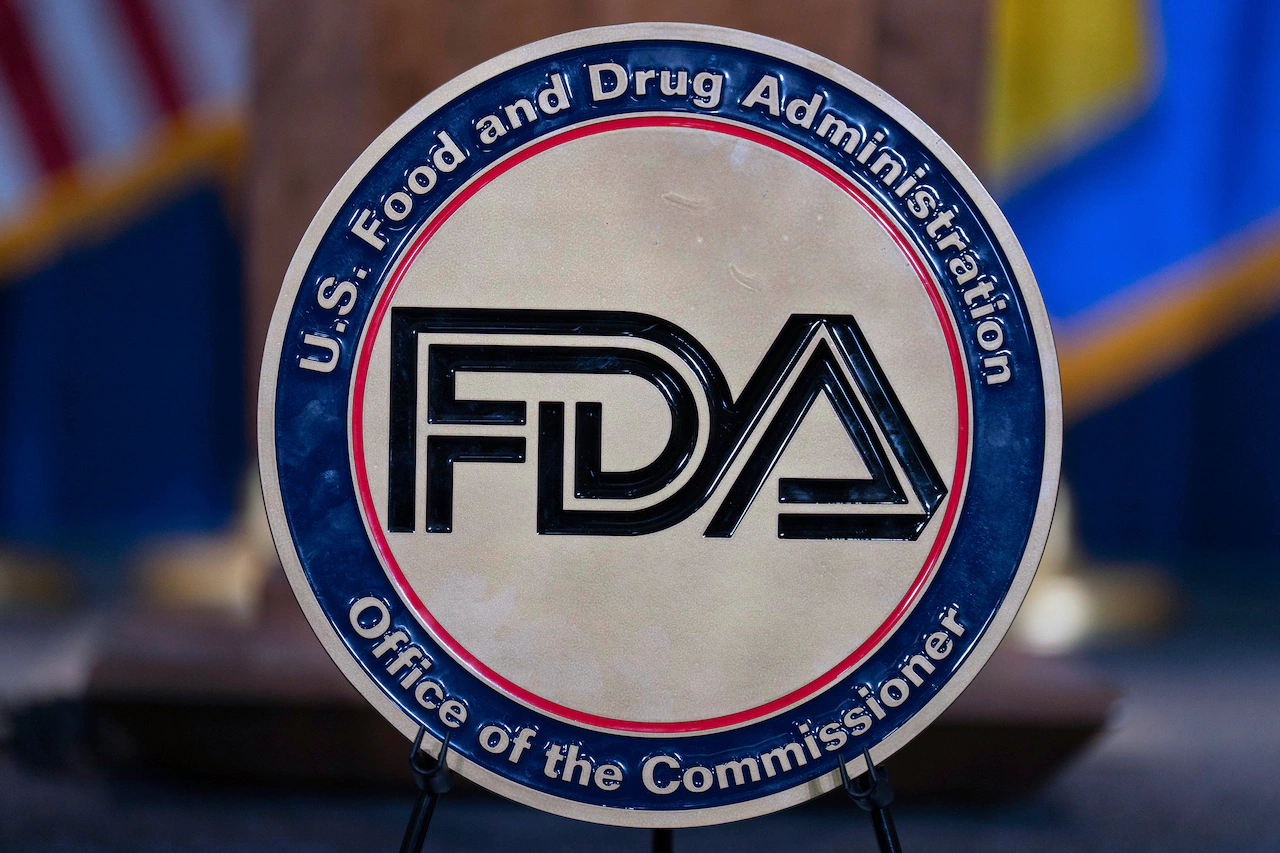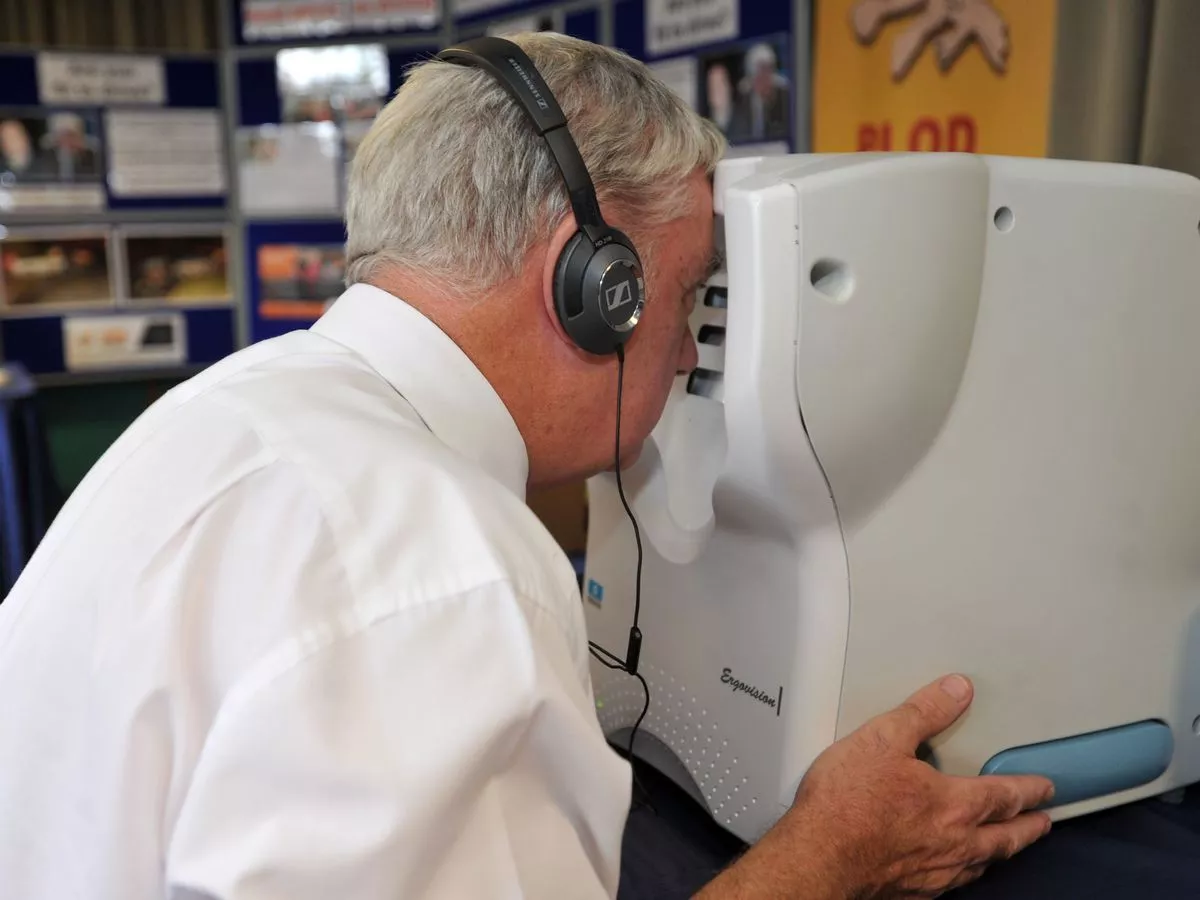Copyright Los Angeles Times

A person in Long Island, N.Y., tested positive for chikungunya virus this month, the state health department said. It’s the first locally acquired case of the virus since 2019. There’s little information about the patient, but the type of mosquito that carries chikungunya — Aedes — is found in parts of Long Island, east of New York City. The person started feeling symptoms in August and reported traveling outside the county but not abroad, the Nassau County health department said in a release. The disease doesn’t spread from person to person, but the infection is a sign that local mosquitoes could be carrying the disease. There’s no need to panic, officials said. “Given the much colder nighttime temperatures, the current risk in New York is very low,” State Health Commissioner James McDonald said in a statement. Chikungunya is spread by the same mosquitoes that transmit dengue and Zika viruses. Symptoms of chikungunya include fever and joint pain, headaches, joint swelling and a rash, according to the U.S. Centers for Disease Control and Prevention. It’s rarely fatal but it can cause severe and debilitating illness. People 65 and older and those with chronic conditions are at higher risk. Over the summer, the disease exploded in China — an area where chikungunya isn’t endemic. The country recorded more than 16,000 infections in Guangdong province as of Sept. 27, according to the World Health Organization. The outbreak caused the CDC to issue a travel notice for Americans in August. The virus is endemic in subtropical regions, including parts of the Caribbean, South America and Africa. But as temperatures rose this summer, unusual spots such as Italy and France started seeing infections too. The threat of mosquito-borne illnesses such as chikungunya and dengue is continuing to grow as a result of climate change. By 2050, the WHO expects 5 billion people will be at risk from mosquito-borne infections as the bugs migrate. In fact, Los Angeles health officials said last week that the department is investigating the first locally acquired dengue infection in 2025. Los Angeles County reported 14 locally acquired cases last year, an occurrence it called “extremely rare.” The CDC recommends people traveling to an outbreak region receive a vaccine. However, there is a caveat. The U.S. Food and Drug Administration ordered the live-virus vaccine manufactured by Valneva to be pulled from the market in August. The move was based on safety concerns because the vaccine appeared to cause a chikungunya-like illness in some people. There were four reports of serious adverse events outside the U.S. in individuals ages 70 to 82, including hospitalizations. There is one other vaccine approved that does not use a live virus particle, the CDC says. Even as temperatures start to cool in the fall, it’s still worth protecting yourself from mosquitoes — especially in warmer areas of the U.S. where bugs remain active. Wearing clothing that covers your arms and legs and using bug spray are just some of the ways to minimize the number of bites.



